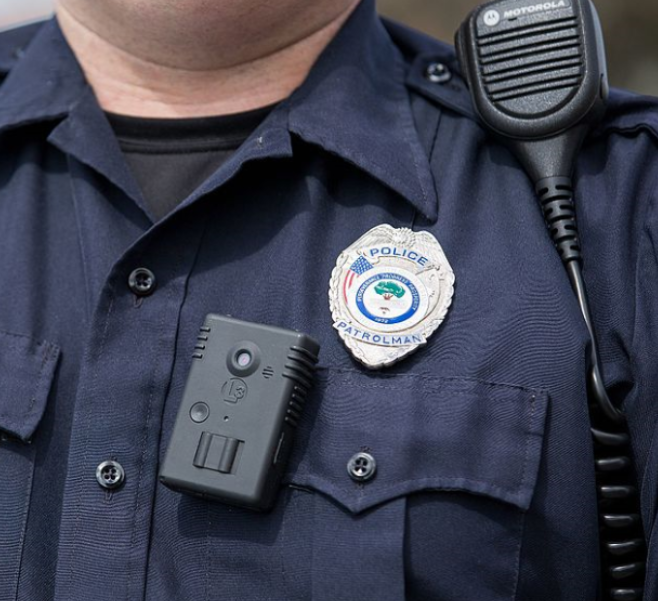The rapid rise of artificial intelligence — also known as AI — has sent schools, companies, and other entities scrambling to get a handle on what it means to have a computer do the work that may take hours, days or weeks for a human. It also raises many questions of ethics, especially when it is easier for a high school student to cheat by having AI write an essay or report, or when images can be created to deceive or mislead.
Due to the challenges posed by AI, Gov. Gavin Newsom has signed over a dozen bills so far this year on the topic, making California the country’s leading AI regulator.
One such bill was signed Oct. 10 and regulates the use of AI by police departments. When organizations as complex as law enforcement create reports using generative AI, any errors or other omissions could directly impact suspects and defendants.
Senate Bill 524, authored by state Sen. Jesse Arreguin, D-Oakland, clarifies the use of generative AI by officers and departments using it to streamline vital official paperwork.
Though many officers will say they love their job, few say they love all the paperwork involved, so departments have welcomed the technology. For example, Axon, the company known for its body-worn cameras used by police departments, is one company developing generative AI-powered software to create police reports.
Until the introduction of SB 524, departments were not required to disclose if a report was generated by AI and/or which version of the software was employed.
Beginning on Jan. 1, 2026, any police reports created all or partially by AI must disclose that fact and include the phrase, “This report was written either fully or in part using artificial intelligence.” The department must also disclose what version of software was used. Departments must keep the first draft for as long as the final draft is retained, and identify the person who created the report.
Police are also required to verify everything that was generated in the AI-written report and avow that it is true and correct with a signature.
Arreguin and criminal justice reform proponents of the bill were concerned that AI-generated reports may introduce critical errors that could harm a person’s defense or case. Since AI has been compared to the workings of a human brain, when it gets things wrong, these errors are dubbed “hallucinations.”
“We’re not going to gamble with personal liberty,” said Arreguin on his website about the bill. “AI hallucinations happen at significant rates, and what goes into a police report can influence whether or not the state takes away someone’s freedom.”
The post Gavin Newsom signs bill that will make police disclose if AI wrote their reports appeared first on Local News Matters.
